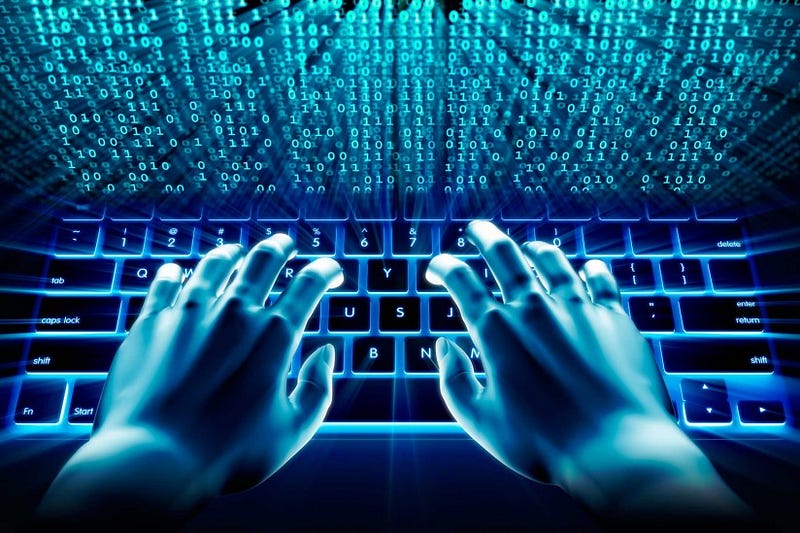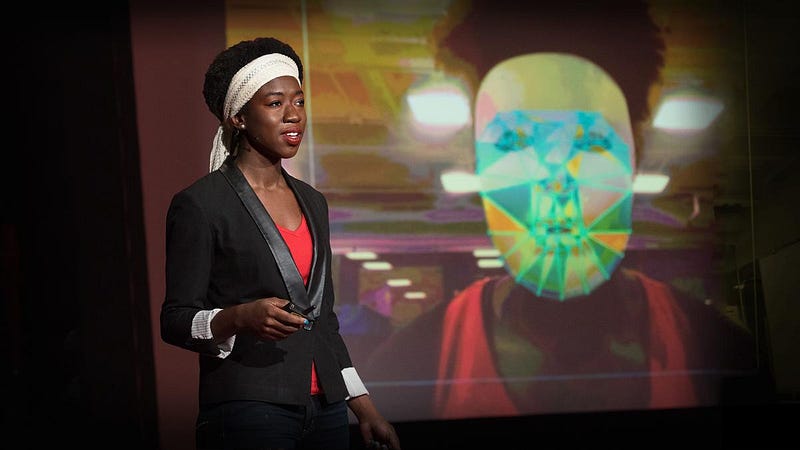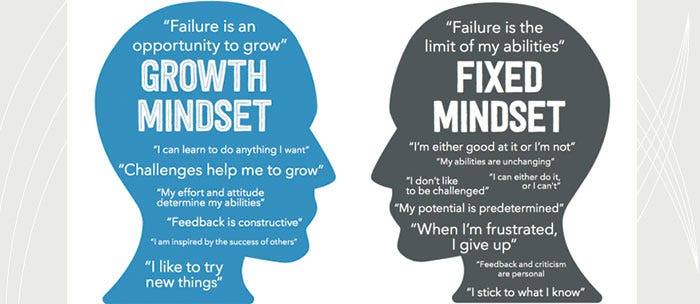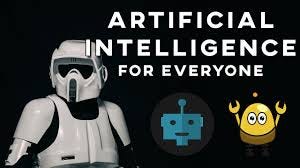Working Together to Create Social Change through Deep Learning and AI

Tl:dr{ We are striving to create deep fundamental change, in the way that we learn and perceive ourselves and the world around us, in order to keep up with exponential technologies, and in order to relate to our pasts in new ways that serve to help us grow instead of damage us, so that we can work together to create a better world that works for everyone. To get plugged in, check out Accel.AI}
Lack of Diversity / Oppression in Tech
Currently we live in a very sick world, with twisted systems that don’t work for everyone, but for only a few; creating a hierarchy of worth of people and a categorization and simplification of everything. We are seeing these problems perpetuated through models and bias systems utilizing Artificial Intelligence and Machine Learning techniques, even if the intentions are to solve these same issues.
Cathy O’Neil, data scientist and author of Weapons of Math Destruction (2016), is fighting on the frontlines of this issue, along with Joy Buolamwini, a researcher and ‘poet of code’ who explores the intersection of social impact technology and inclusion. Buolamwini, having personally had to put a white mask over her black face to be recognized by a widely used computer facial recognition program, points out that “. . . training sets don’t just materialize out of nowhere, we actually can create them. There’s an opportunity to create full spectrum training sets that reflect a richer portrait of humanity.” ¹ O’Neil adds that “. . . unless we specifically make sure that the models do not unfairly punish poor people or black people, we will end up with systems that do. And that is what we are seeing.” ²

Contradictions in Tech / Diversity Numbers / AI Benefits
I have been hearing people calling each other hypocrites and calling out contradictions, which I think is good to notice, however, we also must take note that in these times of great change, where we are trying to live in ways that are quite different than how we were raised, we are all walking contradictions. We are all hypocrites. We must be kind to ourselves and others. We must work together across our differences and complexities.
The use of algorithmic systems to improve efficiency in job placement, prison sentencing, loans and healthcare would be great if they were truly fair. Unfortunately, they are proving not to be, and are often created by private companies who don’t always disclose their process, creating an impenetrable “black box” which may have unfair implications for all of humankind.
For example, ProPublica did an analysis of a for-profit company, Northpointe, which created algorithms to determine which criminals are more likely to commit future crimes. Guess what? It is inherently biased that black people are more likely to commit crimes than they actually are, and transversely, it shows that white people are less likely to commit crimes than in reality. Judges around the country have been ill-advisedly using this technology in sentencing, among other things. You can see how problematic this is, and how it perpetuates instead of remedies the disproportionate number of black folks in US prisons. In ProPublica’s article on this, they said that “. . . when a full range of crimes were taken into account — including misdemeanors such as driving with an expired license — the algorithm was somewhat more accurate than a coin flip.” ³ I don’t like those odds.
I am not trying to point fingers and call out the ‘real bad guys.’ As I said, we all make mistakes. As painful, embarrassing, and unpleasant as it is, we must admit to mistakes, big and small, and even share them with others, so that we can learn from our own mistakes as well as from the mistakes of our peers. These mistakes affect the lives of way too many people for them to be glazed over.
Growth Mindset as a Path to Learning / Developing Diversity

One super practical approach to learning and developing diversity is found in Carol Dweck’s work on growth mindset. “The growth mindset is the belief that you can cultivate and improve upon your abilities through practice and effort. Someone with a fixed mindset believes these abilities are predetermined and largely unchangeable.” ⁴ Growth mindset is fundamental. It also must be understood that the greater world and culture, what we have learned in schools, from parents, and in various social and work environments is all very focused around fixed mindset. This makes it a hard transition- even if you agree with growth mindset. Hence, we need to be using growth mindset to apply growth mindset.
It must be further acknowledged that there is a lot of very real oppression, discrimination, and threat of violence that many people face, both internally and externally, that make it a lot harder and more complicated a process than simply saying- “just change your mindset.” However, it is possible, and if we work together to effect the systems that stem from AI models and bias data sets , we can simultaneously teach the machines to learn as we learn, utilizing growth mindset.
Summary
This stuff is both incredibly simple and utterly complex. That is the beauty of life. When we are approaching AI, deep learning, and ever advancing automation, we cannot lose sight of this beauty and complexity. We also cannot forget the past that we are coming from; however I believe that in using these tools, we do not have to be damned by it. There are serious threats of the oppressive, dominating and discriminating nature of the systems that have been affecting us for far too long creeping their way into AI and perpetuating these abusive and despairing realities. However there is also an ability for us, as learners, to learn how to learn, and use that understanding to program AI systems into new ways of seeing the world that celebrates diversity, empowers those who have been oppressed, and creates a more egalitarian existence. To again quote Joy Buolamwini: “We now have the opportunity to unlock greater equality If we make social change a priority and not an afterthought.” ¹ We can do this by building platforms that identify bias, working with diverse teams to catch each other’s blind spots, and “. . .start thinking about how we create more inclusive code and employ inclusive coding practices.” ¹
Basically, let’s all work together to create a world that works for everyone. One of the places that we are striving for this is Accel.AI, which is a career accelerator program focused on inclusion, teaching the technical skills to enter the AI workforce as well as creating a holistic environment that can support learners no matter your background, emphasizing the power of diversity and the importance of not just what we do, but why.

[1] https://www.ted.com/talks/joy_buolamwini_how_i_m_fighting_bias_in_algorithms#t-81969
[2] https://www.youtube.com/watch?v=TQHs8SA1qpk&feature=youtu.be
[3] https://www.propublica.org/article/machine-bias-risk-assessments-in-criminal-sentencing
[4] http://www.childstudysystem.org/uploads/6/1/9/1/6191025/mindset_book_study.pdf

